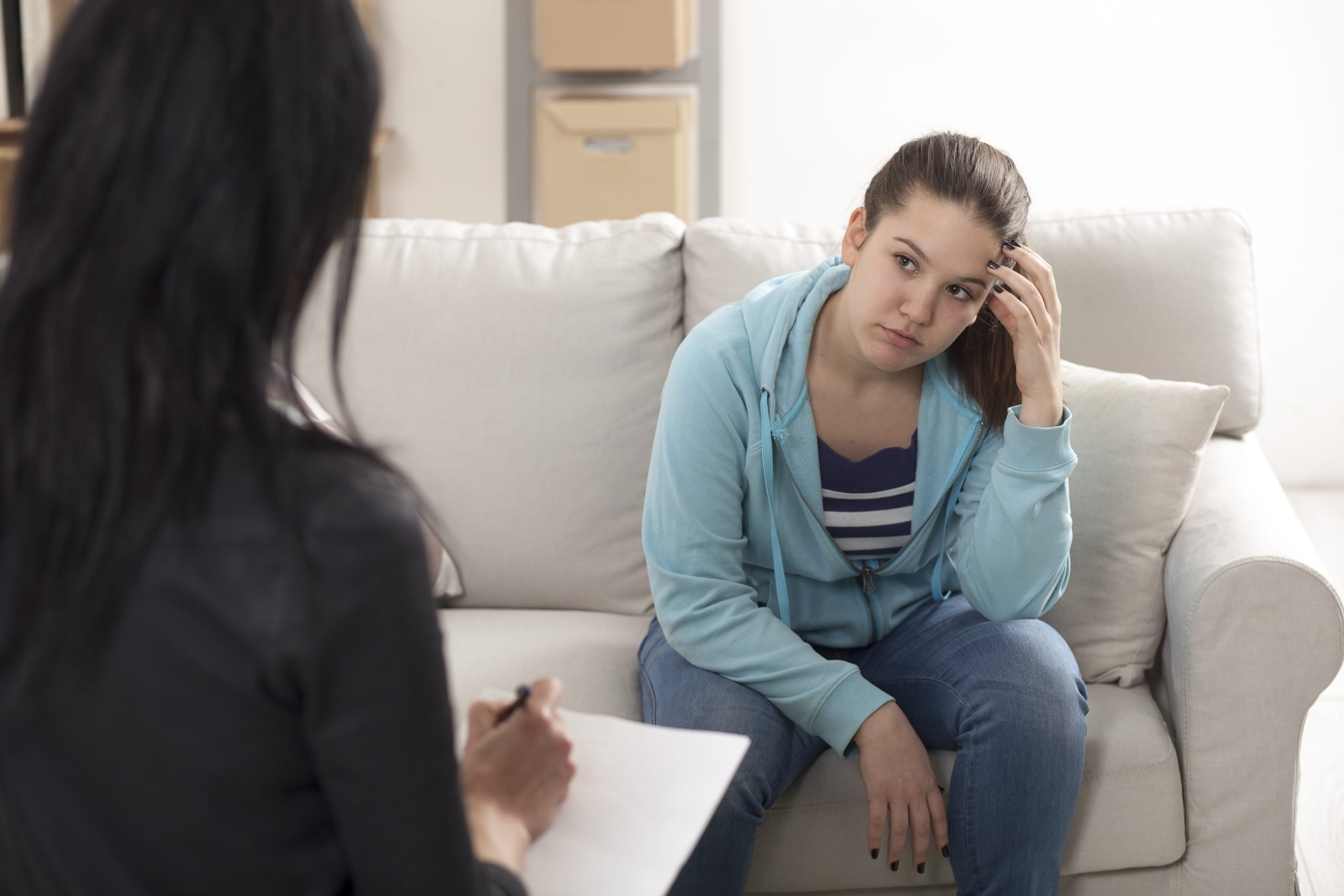A recent study from the University of Birmingham has shown that children who have experienced child abuse or neglect are four times more likely to develop a serious mental illness.
The University of Birmingham did a study on general practitioner records of over 200,000 children who were suspected of or had experienced abuse. The study then compared the PTSD recurrence rates from childhood maltreatment that had developed in adults by previous research.
Children who were mistreated had a higher chance of developing a mental illness. Those who have experienced mistreatment, alcohol abuse, and mental illnesses (e.g., psychoses, schizophrenia, bipolar disorder) are more likely to need medical care for these conditions. The findings also show that children who were mistreated are two times more likely to develop one or more mental illnesses.
There is a detrimental effect on the well-being of children all over the world from childhood maltreatment. Over 1 in 3 children experience physical, sexual, or emotional abuse before their 18th birthday. This was one of the biggest studies of its kind to explore how childhood abuse and neglect are linked to mental health disorders.
The study also found a clear under-recording of child maltreatment within GP records, so potential opportunities for identifying or managing children with potential vulnerabilities are being missed.
Dr. Joht Singh Chandan, Academic Clinical Fellow in Public Health at the University of Birmingham’s Institute of Applied Health Research, and author of the study said, “Our findings, along with evidence from other global studies, demonstrate the substantial burden of mental ill health following child abuse or neglect.”
Considering the prevalence of mistreatment, doctors feel as if they are not doing enough to prevent and detect this important risk factor for mental illnesses in children.
Co-author Julie Taylor, Professor of Child Protection at the University of Birmingham’s School of Nursing, states that they are “aiming to build resilience in survivors of maltreatment.” Professor Taylor also adds that these new services look promising in reducing the development of mental illnesses in children.
This study, the first of this magnitude in the UK, emphasizes the need for early intervention in abused or neglected children’s lives. This is necessary to prevent adverse consequences.
Co-author Dr. Krish Nirantharakumar, also of the University of Birmingham, added, “There is an important public health message to focus, not only on approaches that prevent or detect childhood maltreatment but also to explore methods of prevention and detection of mental ill health in those who have experienced childhood maltreatment.”
It is possible to improve mental health outcomes in children, families, and communities by building resilience.
We Can Help!
MHThrive provides Individual Therapy, Couples and Marriage Counseling, and Family Therapy at our locations in Katy, The Woodlands, and the Clear Lake area of Houston, Texas. We also provide telehealth therapy for anyone who resides within the State of Texas. To schedule an appointment with one of the MHThrive therapists, contact us at 713-477-0333 or visit www.mhthrive.com to learn more.
If you or someone you know is experiencing any mental health or substance abuse issues, New Dimensions can help. Our team of experienced therapists and psychiatrists can help you overcome these challenges and help you develop the skills you need to thrive. To schedule a complementary assessment or to find out more about our programs, contact us at 1-800-685-9796.
Online Treatment Programs provides Teletherapy Partial Hospitalization and Intensive Outpatient Programs allowing participants to receive intensive therapy with our licensed therapists and psychiatrists without having to leave home. If you or someone you know is struggling to overcome depression, anxiety, bipolar disorder, trauma, panic attacks, PTSD, alcoholism, drug abuse, or other mental health or addiction issues, we can help. To schedule a complementary assessment or to find out more about our teletherapy programs, contact us at 1-800-685-9796.

